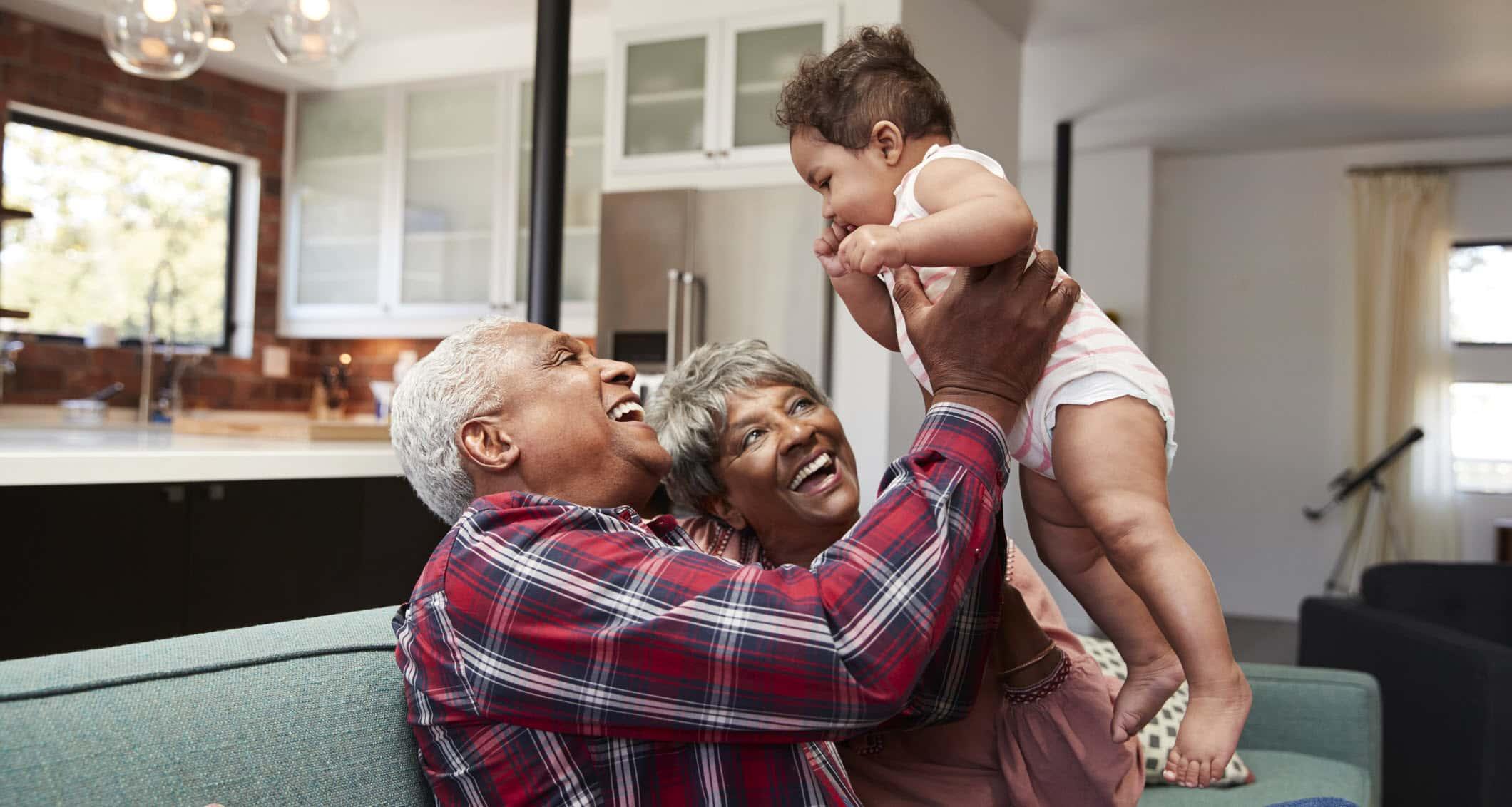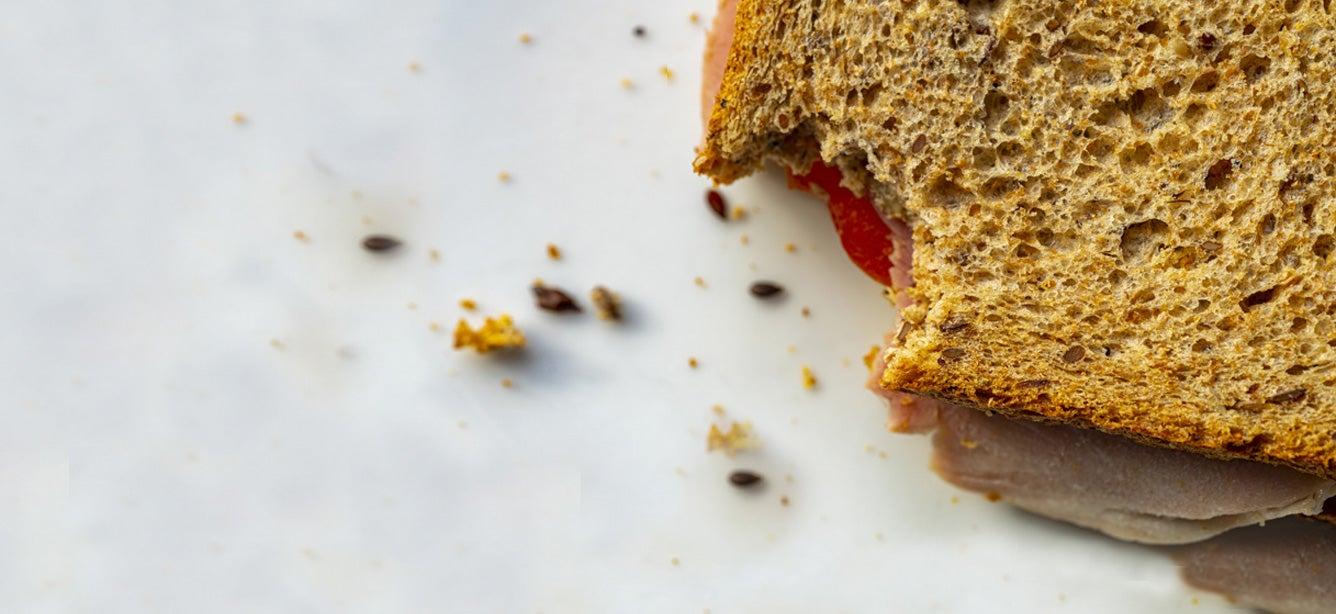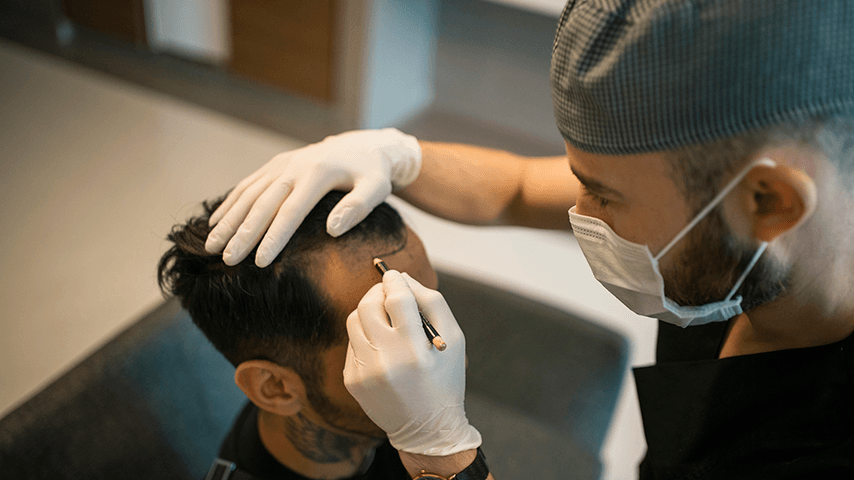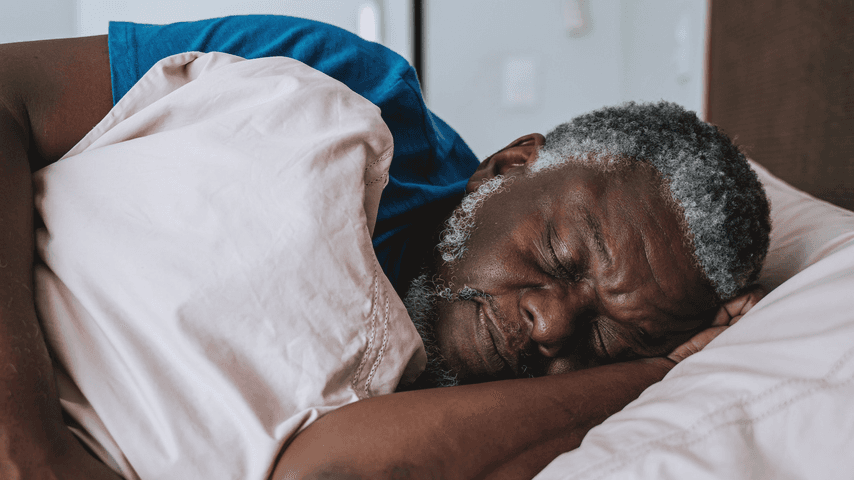
Related Topics
My mom watched my newborn son as I made the transition back to work. One day, I handed him off to her for a nap as I got on a conference call.
When he woke, I went to pick him up and found that my mom had put him to sleep on his belly (not on his back, which is the standard safety practice now for babies). When we talked about it, she explained that putting him down on his tummy was just ... automatic, what she had done when she was a young mom. Fortunately, the kid, as the expression goes, was alright.
Little did I know that my family was using one of the most common forms of child care out there: Care by grandparents. The most recent data show that grandparents in the U.S. care for almost one out of four children under age five on a regular basis. Additional research shows today's grandparents provide time and money to their children and grandchildren to tune of $253 billion each year.
To learn more about grandparents’ experiences as care providers, ZERO TO THREE, a national nonprofit focused on healthy child development, hosted a series of focus groups with grandparents who provide child care. We also developed three short videos that show the different ways real-life families are coming together, parents and grandparents, to care for the younger generation.
Based on what we learned from families, we developed a series of resources to support grandparents providing regular child care to grandchildren. Here are the highlights:
Grandparents feel confident about caring for young children.
Grandparents feel relaxed and secure in their ability to care for their young grandchildren. Unlike new parents who are struggling to figure out the “best” approaches (pacifier or no pacifier? cloth diapers or disposable?), grandparents have the perspective that comes with seeing their own children grow up well. As Yolanda, a grandmother in one of our groups, told us: “We’re a lot more relaxed [than parents are]. We realize things are going to be okay.”
Conflicts between grandparents and their adult children can be challenging to resolve.
Grandparents explain how they feel torn at times with balancing their role as parent and grandparent. Says Jael, “[My daughter] is like, ‘This is still my son ...’ Because I'm her mother, and I still mother her.” Our grandparent videos also touch on the challenges that arise when extended families share the care.
Grandparents told us that discussing these differences with their children was not easy. Often they felt as through a lifetime of caregiving experience was invisible to their adult children. As one grandmother shared: “My son thinks he’s Dr. Spock!”
New parents, on the other hand, need their own parents to respect their caregiving decisions as they take on the role of mom or dad themselves. That’s why we developed a tool to help families acknowledge one another’s strengths, explore areas of difficulty, and identify a path forward.
Grandparents are open to learning from their adult children.
One of our focus group participants told us how she learned about the “back to sleep” campaign from her daughter, much like my mom learned from me. The research shows that this simple shift in sleep practices has led to a reduction in Sudden Infant Death Syndrome (SIDS) over time, and grandparents tell us they are open to learning new techniques that keep their favorite little ones safe.
What hasn’t changed, when it comes to caring for young children? Love.
Grandparents tell us that caring for grandchildren often brings up special memories of being parents themselves. Explains Carl, a grandfather in our focus groups, “I have a picture of when my daughter was little, and she was holding my hand. We were walking together. My daughter took a picture of me and [my two-year-old grandson] doing the same thing.”



